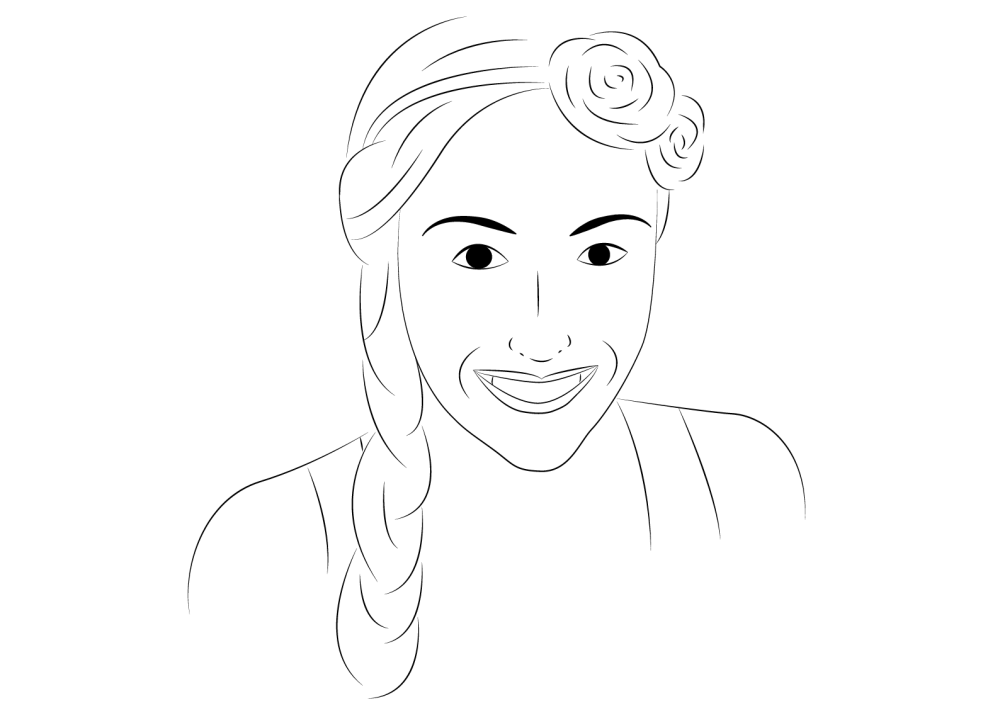Vulnerability: the exposure to sentimental conditions which aren’t precisely desirable, from which definitely wished for results can derive. I’m starting with my conclusion here, given that this is the definition that I’m outlining of the concept. According to researcher Brené Brown, vulnerability is the foundation of unwanted emotions (fear, shame…) as well as powerfully positive faculties and feelings (happiness, creativity…). The problem is that many people seek to anesthetize the negative and, in the process, they end up blocking what they desire, too; because, in Brown’s own words: “We cannot selectively numb emotion”. I feel highly identified with this research because it’s a subject with which I have struggled all my life, and I have confirmed that every time I try to repel all the unpleasant moods that eventually haunt me and track me down, I end up feeling like a zombie in what could be described as the worst of its nightmares: aware of my apathy. What makes me human disappears when I start to control (if that’s even possible) what I feel. And I think that the key of this matter resides in the fact that we wouldn’t know what bliss feels like without having previously experimented some honest moments of despair, and the same can be affirmed of each emotional dichotomy there is.
A film which I love, and which I watched yet again for the purpose of writing this article, is “Like Water for Chocolate” (based on the Mexican novel “Como Agua para Chocolate”). In the exact midpoint of the story, we are presented with its very core, the following metaphor: we are all born with a box of matches inside us, but we cannot light them by ourselves, given that this has to happen with the “oxygen” of, for instance, the breath of a person you love. Each one of us has to discover, then, the specific triggers that allow us to live, for it is the combustion that each match generates, which nurtures our soul, providing it with energy. But it is very important to light them one by one, because, if due to one intense excitement, you managed to light them all at once, it would spark a light so bright, that before our eyes would appear a splendid tunnel, showing us the path we forgot when we were born, and thus inviting us to find once again our lost divine origin” (meaning death).
When Tita, the protagonist, suffers from a terrible heartbreak, it is said that she is overcome by a cold sensation that, from that day on, she wouldn’t be able to control; and also, as a comforting activity, she starts knitting a quilt which ends up being absurdly long. The obvious take on this is that vulnerability feels like being cold, which shouldn’t really be news to anyone. It seems pretty straightforward, but reading between the lines is imperative here. It is precisely the sensation of being cold which allows us to take comfort in covering ourselves. Our passion can only be triggered by vulnerability. Tita had been lighting her matches, one by one, throughout her life. It was the man she loved who suffered from a sudden death, because of the abrupt lighting of all of his matches at once, which happened when he finally surrendered himself to vulnerability.
Tita’s mother, on the other hand, never allowed herself to feel anything. As the antagonist of this story, Mama Elena is the perfect proof that there is nothing to admire in a woman who puts up an impenetrable shield (and, for that matter, neither there is in a man). “Men aren’t that important to live, nor the revolution is as bad as they paint it to be”, she said on one occasion. It becomes even clearer, then, the fear of being vulnerable, the fear of being afraid, that this woman has. When she numbed these emotions, she winded up paralyzing even the love she could otherwise have felt for her family.
Philosopher Albert Camus once wrote: “In the midst of winter, I found there was, within me, an invincible summer. And that makes me happy. For it says that no matter how hard the world pushes against me, within me, there’s something stronger – something better, pushing right back”. Our society is constantly offering us parameters which we, every now and then, embrace as dogmas, even more when they come from renowned personalities. For example, in this new era of female sexual liberation, we start to see more and more the reject towards vulnerability in women (this time by women themselves): while we are rising in female sexual expression, we are self-censoring in traditional emotional expression, when the truth of the matter is that we are capable of both and much more. Allowing ourselves to be vulnerable means admitting ourselves before the world, and doing this implies uncovering that mighty summer that Camus so passionately spoke about.


